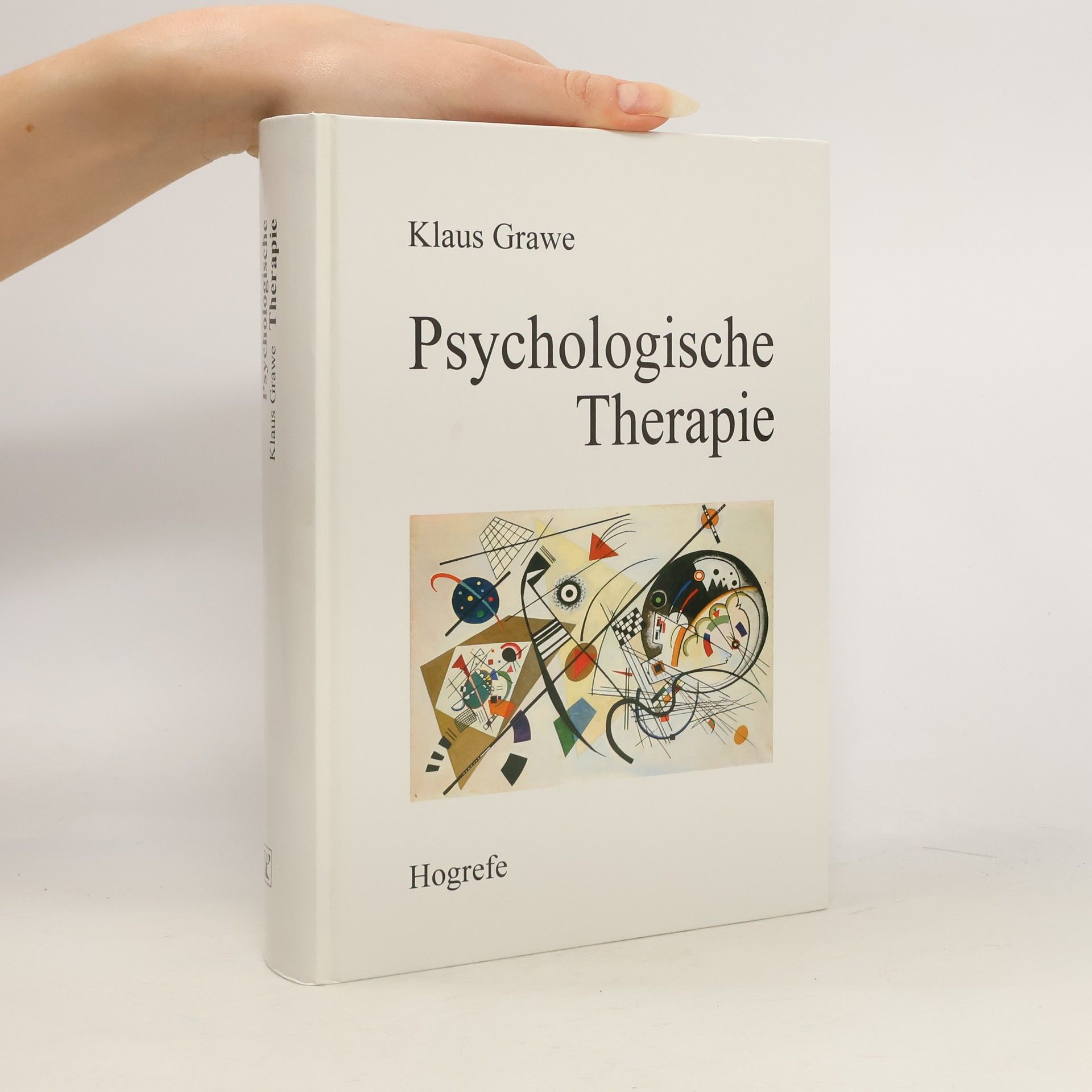Neuropsychotherapie
- 509pages
- 18 heures de lecture
Was wissen wir über die neuronalen Strukturen und Prozesse, die normalem und gestörtem Erleben und Verhalten zugrunde liegen? Welche neuronalen Grundlagen haben psychische Störungen, und wie entstehen sie im Gehirn? Zudem stellt sich die Frage, wie psychologische Mittel neuronale Strukturen verändern können und welche Mechanismen therapeutische Veränderungen bewirken. Die letzten 15 Jahre haben bedeutende Erkenntnisse über die neuronalen Grundlagen unseres Erlebens und Verhaltens hervorgebracht. Das Buch vermittelt relevante neurowissenschaftliche Erkenntnisse für die Psychotherapie und formuliert Leitlinien für eine neurowissenschaftlich informierte Praxis. Es wird deutlich, dass psychische Störungen nicht isoliert betrachtet werden können; sie sind Reaktionen auf schwerwiegende Verletzungen menschlicher Grundbedürfnisse. Die neuronalen Grundlagen dieser Störungen müssen in die Behandlung einbezogen werden, um optimale Therapieergebnisse zu erzielen. Dies führt zu einem neuen Verständnis der Aufgaben und Möglichkeiten der Psychotherapie. Das Buch richtet sich an Therapeuten, Studierende, Lehrende und Forschende in den Bereichen Klinische Psychologie, Psychotherapie und Psychiatrie und vermittelt das notwendige Know-how für eine professionelle, neurowissenschaftlich fundierte Therapiepraxis.




